Please Login to the Grants Resource Center to Continue
This content is for GRC members only. If you are a GRC member, please click the Login button to access the content.
Need a login?
For GRC Members:
If your institution is already a GRC member, create your username and password here.
Create an account.FOR NON-MEMBERS:
Contact GRC to discuss membership benefits at GRCmembership@aascu.org or 202-478-7810.
Learn more.